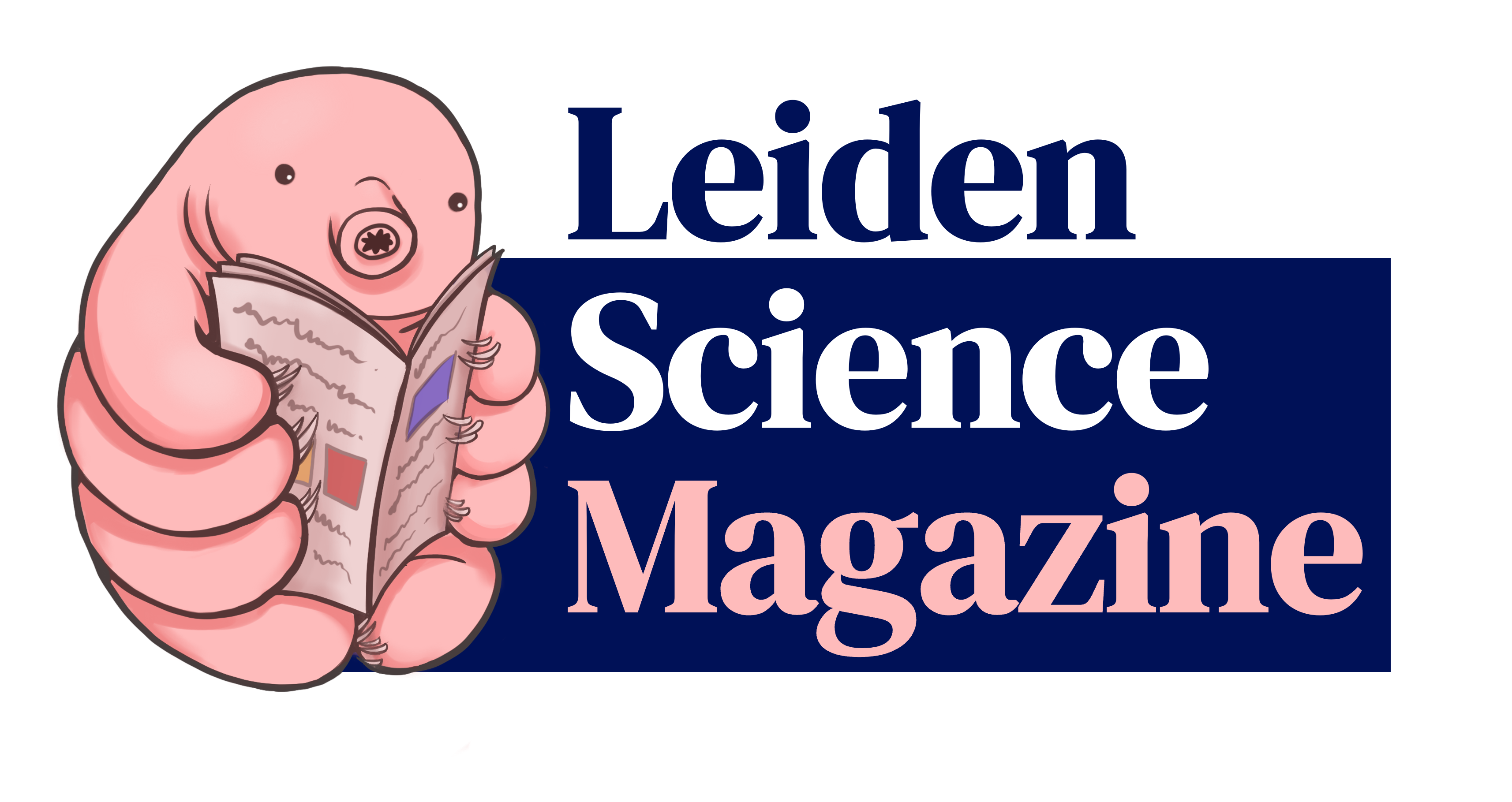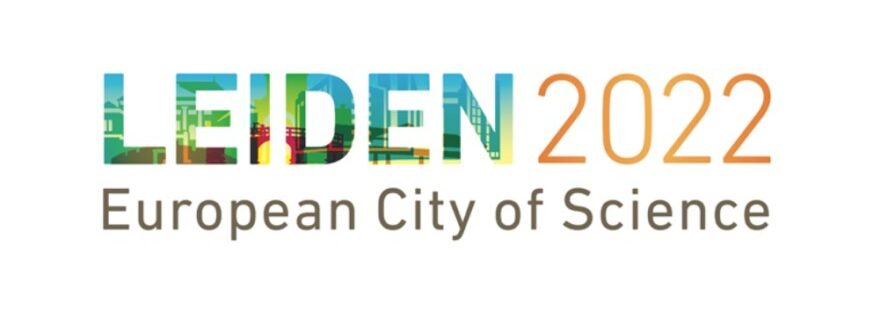Leiden as the European City of Science; what does it entail and who is behind the scenes?
In the year 2022, Leiden will be known throughout Europe as ‘The European City of Science’. Every day, for 365 days, there is something on the program agenda related to science, knowledge, and art.The final program was announced last Wednesday, November 10th.
Conferences, exhibitions and activities will be organized, with a different topic taking center stage every day. But what does this title actually mean, and what is the contribution of Leiden University?
The title 'European City of Science' was won by Leiden in 2017, which is awarded every two years by the organization EuroScience. In previous years, this simply meant that the winning city hosted the EuroScience Open Forum (ESOF), the largest interdisciplinary science conference in Europe. However, Leiden will be the first city to go bigger, in the form of a 365-day science festival!
From young to old, layman to scientist; there is something for everyone to do. Every day there will be a different theme; think of the topic “euro” on January 1st. These themes are all accessible, while still stimulating one’s curiosity. That curiosity is what it will mainly be about during “Leiden 2022”. Because: as long as you remain curious, you keep learning. In this way science will be connected with society, and young children will probably also be stimulated to do something with this later on. Take Einstein, for example. Einstein might have never become that prominent had he not been given a compass at the age of five, which made him curious about the magnetic force! Let this science festival be Einstein’s Compass of our time.
In addition to EuroScience, there are a number of Founding Partners who ensure that ‘Leiden European City of Science’ can become a success. These are the Municipality of Leiden, the Leiden University Medical Center (LUMC), Leiden University and the Hogeschool Leiden. According to their own site, these organizations ensure that science, knowledge, art and skill are put in the spotlight through local action, on a national stage and with international appeal.
One of the people who is responsible on behalf of the Faculty of Science at Leiden University is Marin Visscher. He serves as the project coordinator for “Leiden 2022” and has been busy planning for months to set up a fun and inspiring program, also with the aim of putting the research of the faculty in the spotlight. I spoke to him to find out more about the role of the university and its students in the activities next year.
He said that Leiden University, as one of the Founding Partners, has been able to take the reins quite a bit as far as next year's content is concerned. “The role of the university now is extremely diverse,” says Visscher. “You have coordinators like me who are busy translating ideas within the organization into reality, and who fit them into the programme. There are scientists who are working on the content of next year’s big ESOF congress. And there are also communication professionals, who are looking into how we can best market this.”
In short: there is plenty to do. It would only be logical that students also contribute to this. Although Visscher emphasizes that it was never his intention to create expectations of students or their (study) associations: “there is a chance that it will be perceived as a 'must'.” Next year's activities are, however, a creative way for an association to seek the connection with Leiden and the surrounding area. For example, the 6th of February will be marked by the universe as a main theme, during which the ‘Leidsch Astronomisch Dispuut Frederik Kaiser’, the student association of Astronomy, will take charge of the activity in collaboration with the Old Observatory. A team of students has also been set up to brainstorm activities that can add value to what the official organizers have planned.
Students therefore do not carry the main burden, but can still benefit from the fun parts of “Leiden 2022”. It does not happen often that so much expertise comes to Leiden for a whole year in the form of events and conferences. Visscher will do his best to actually encourage these students to ensure that they go to the various activities, seeing that it can be extremely valuable as a student, also for later on.
Personally, Visscher is most looking forward to exploring the neighborhoods around Leiden. “Next year's focus will partly be on coming forward with the expertise we have. Instead of another lecture being held on campus, we are really going into the city to start the conversation.” In this way you will meet the average Joe, who might otherwise not be easily attracted to do something in the scientific field. By literally bringing science to their doorsteps, you lower the threshold for doing or discovering something. “And who knows what will happen then?” Visscher wonders aloud.
The title 'European City of Science' is therefore not just about the title. It is above all a useful means by which something is released in people, as agreed by Visscher. Within the city it is hopefully a curiosity about what exactly is happening in the scientific field, and what might come next. Visscher: “The effect I hope for next year is that we as a university will become better connected with the residents around us, preferably in a way that is permanent, even after 2022.”
It should be clear that there is plenty to discover in Leiden next year. Curious about the full program? Check it out now on the site: www.leiden2022.nl!



0 Comments
Add a comment